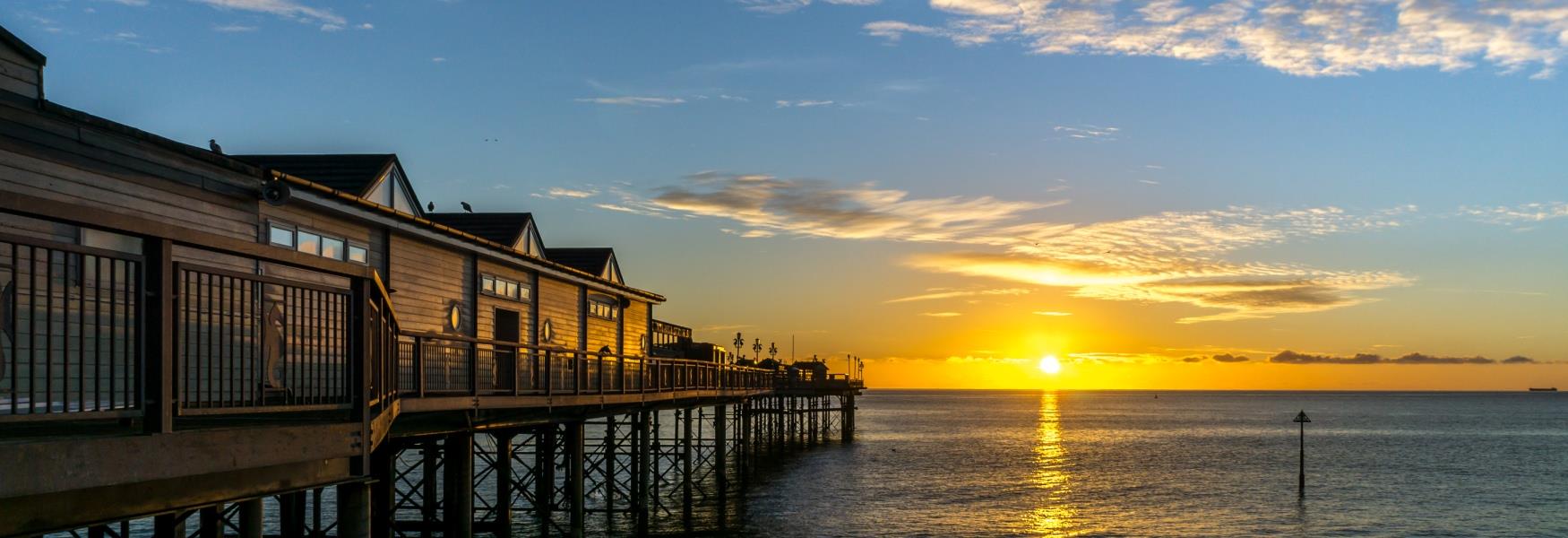There is something timeless about the rugged cliffs of South Devon, tracing the edges of Dartmoor, discovering villages tucked away so far they don't make it into any guidebooks. Smartphones might make it easy to snap pictures and post an occasional video, but sometimes it's the ancient art of word weaving that is the only thing that can truly convey the uniqueness of a place, its sounds, stories, and energy, which can get lost in the scrolling. That's where blogging came to the rescue, moving the art of journaling into the XXIst century. Once a staple in early internet culture, these personal websites full of color and personality gave people a way to thoughtfully collect and share their memories, unfortunately getting buried under growing heaps of money-making online businesses and side hustles. Today, with necessary tools more accessible than ever, they are making a great comeback, that you can be a part of - especially if you have a way with words and a passion for sharing your experience with others.
Step One: Create Your Website
you can start scribbling with your digital pen, you need your online notebook. Creating your own website has never been easier - you don't have to be a professional programmer to design a blog to your liking. With sites like one.com that provide all the tools necessary, from hosting and domain registration through the intuitive website builder, it's easy to create a cozy home for your stories in a day. Think about the name, style, and vibe that you would like your blog to have, and visit one.com to register your idea. The goal is ownership - it's your words, your design, your memories, preserved in your own space that isn't cluttered with ads and ruled by algorithms.
Why Digital Journaling Matters
When you document your experience with intention, you also pay more attention. That sea mist rolling over Salcombe's harbour at 6 am becomes more than just a pic - it turns into a reflection, then a paragraph, and then into a memory that lingers. Journaling awakens the creativity and curiosity of the world. You start looking for stories everywhere. Who carved those initials above Beer Beach? Who planted the apple trees that line the walk from Totnes to Ashprington? A good journal is not just dry facts - it's an invitation to explore. And, unlike social media content, it's not a quick shot of dopamine, but rather a trip down the reflection lane. What's more, your stories won't get buried under the pile of new content within the hours of posting - you will have control over the length of their display and the way they are showcased, as well as the audience.
Make It Last
A digital journal shouldn't be a one-trip endeavour. Try to stay consistent with your writing, even when you're at home. Who said that journaling has to start only when you leave your hometown? There is plenty to discover in your region, your hometown, your garden, or even within yourself. Document not just places, but perspective, reflections, and personal growth. And unlike notebooks that can get lost or destroyed, if your online diary was set up through one.com, it will be safely backed up, updated, and improved over time, bringing joy not only to you but all the people who will stumble upon it.
In Closing
South Devon might very well be the first of the many digital stories you will share in your new digital journal. It offers stories, quiet moments, and connections that deserve to be remembered. Journaling is a simple but meaningful thing, a way to honor your experience as a human living in this surprising world full of wonders. And who knows how many people you will inspire with your penmanship and storytelling skills!
"Sponsored"
Related
Comments
Comments are disabled for this post.



 to add an item to your Itinerary basket.
to add an item to your Itinerary basket.









